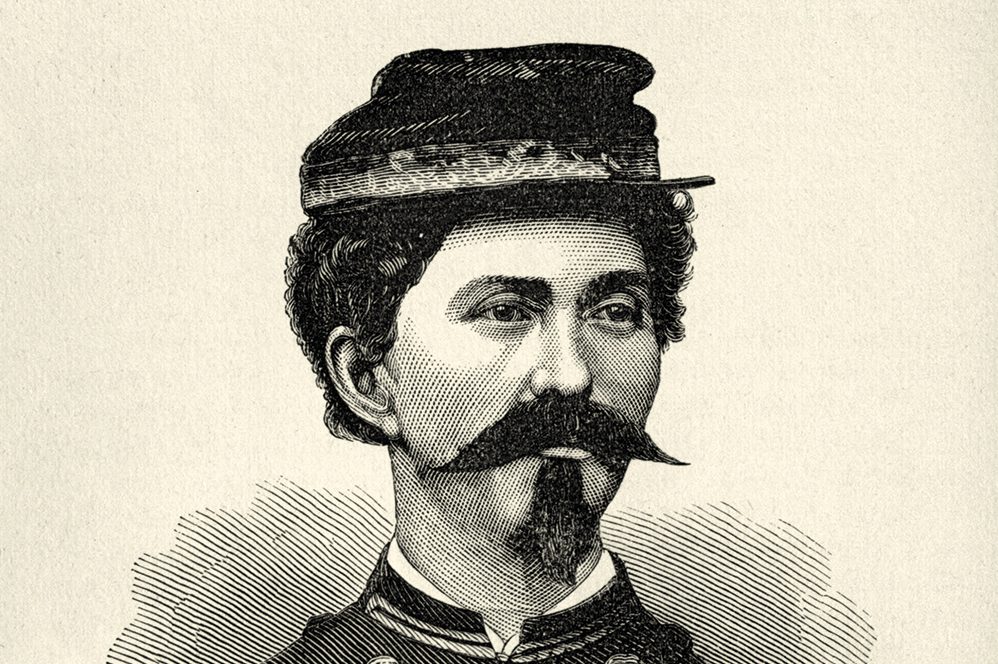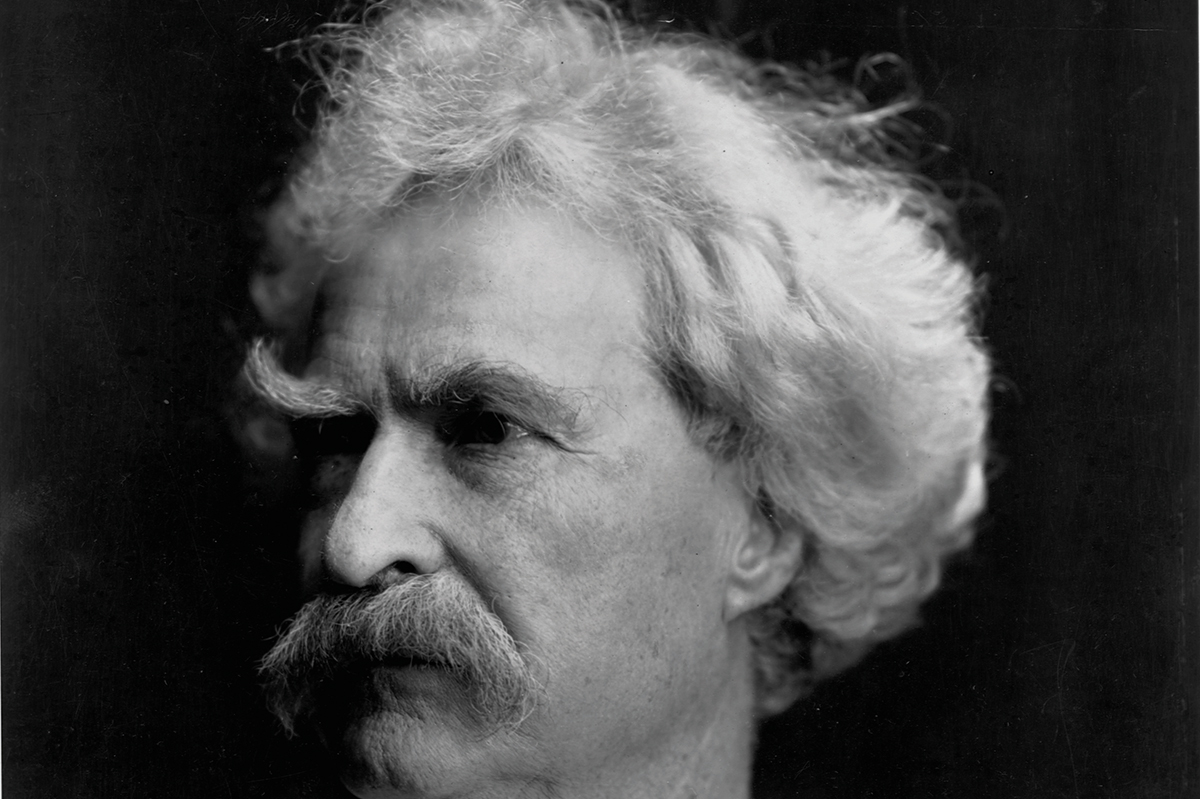Anne Carson, the celebrated Canadian-American poet, essayist and classical translator, is notoriously reticent about her work. She agreed to just these three sentences appearing on the cover of her first book in eight years:
Wrong Norma is a collection of writings about different things, like Joseph Conrad, Guantanamo, Flaubert, snow, poverty, Roget’s Thesaurus, my dad, Saturday night. The pieces are not linked. That’s why I’ve called them wrong
Not only does this suggest the range of subjects explored but also Carson’s idiosyncratic, playful humor. Of course there are links between the pieces, and of course they are anything but wrong.
Wrong-footed by the blurb, it’s thrillingly difficult to find one’s balance on opening the book. The title page presents us with “wrong norma” written twice in Carson’s handwriting, once upside down. It’s clear we’re entering a topsy-turvy world where we don’t know what to expect. The book is beautifully produced: facsimile pages of annotated typescript intersperse the twenty-five pieces, which range widely in subject matter, form and length. On turning a leaf, we could alight on a paragraph of prose, a conversation, verse stanzas stretching over pages, or a series of pictures. Sometimes the form switches mid-piece.
The German phrase denk es genau is copied by the woman narrator of “Eddy” on to the cover of her notebook. She then asks (and translates): “Was that the problem? To think it exact?” Wrong Norma is an exercise in thinking things exact, denk es genau. It’s a problem that produces a wealth of extraordinary digressions, ideas and resonances. In “Poverty Remix (Sestina),” for instance, Carson uses the traditional poetic form to interrogate poverty (“Poverty is a scapegoat… Why does poverty exist? Because stinginess does”) with reference to Hipponax, the first ancient Greek poet to write of the ritual of scapegoating, pharmakos.
Carson follows the sestina with eight fascinating appendices in which she further investigates the language, ideas and arguments of her poem. Appendix 1 is “on pharmakos,” scapegoat, which she describes as “a word that quarrels with itself” and reveals how its paradox is rooted in its etymology:
Pharmakos is cognate with pharmakon, which means ‘poison’ and ‘medicine,’ both at the same time, so logically a scapegoat is both savior and source of the problem, both taint and cure. A presence (dirt) solved by its own absence
Appendix 8, “on rhythm,” is Carson’s musing on “the relation between motion and economic status,” in which she asks: “What is the rhythm of poverty?” She notes that whereas middle-class people “go running,” “if a visibly poor or homeless person were running in the street he would be assumed to have stolen something and might be shot in the back by police.” It’s a surprising illustration of the wide-ranging injustice of poverty.
The illuminating potential of language, the politics of poverty, the continuing relevance of classical literature and philosophy are a few of the preoccupations that serve as thematic links in the seemingly disparate pieces of Wrong Norma. Often powerfully moving and informative, they can also be funny, as when Carson titles her translation of part of Plato’s Symposium “Oh What a Night.” She shows how these different themes intersect, bringing together, for instance, humor and politics in “Clive Song,” her depiction of a human rights lawyer concerned with both snitching in Guantanamo and his son’s failure to appreciate Monty Python. In “What to Say of the Entirety,” she asks: “Can you treat everything as an emergency without losing the reality of time, which continues to drip, laughtear by laughtear?” Wrong Norma is “laughtear” writ large — full of wit, pain and the wonder of language.
This article was originally published in The Spectator’s UK magazine. Subscribe to the World edition here.






















Leave a Reply